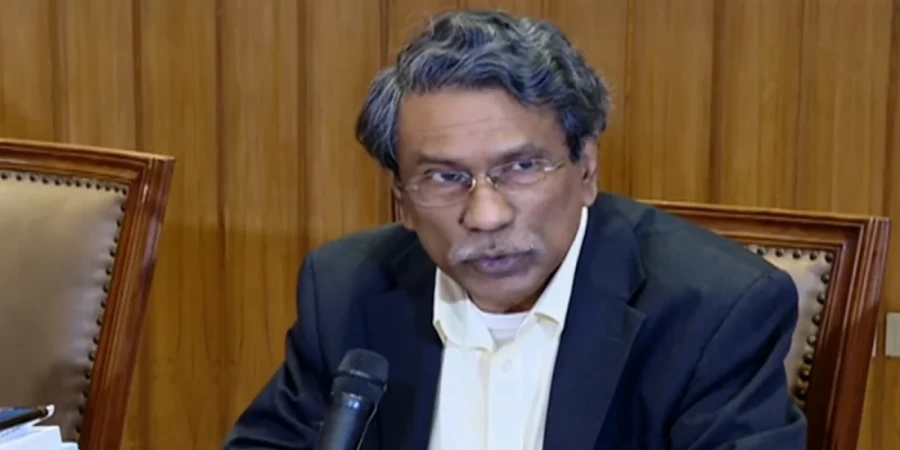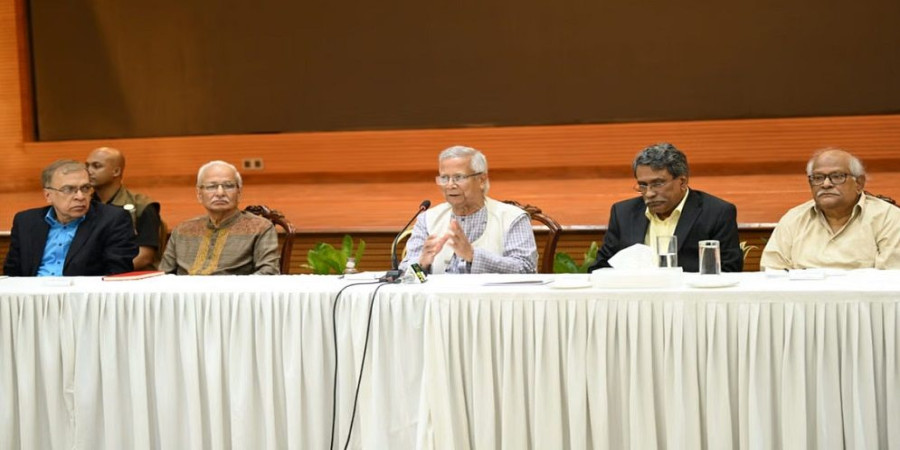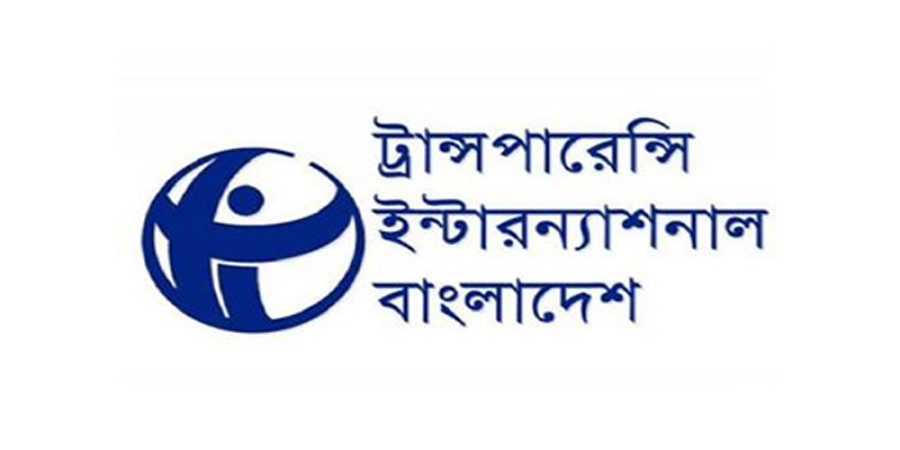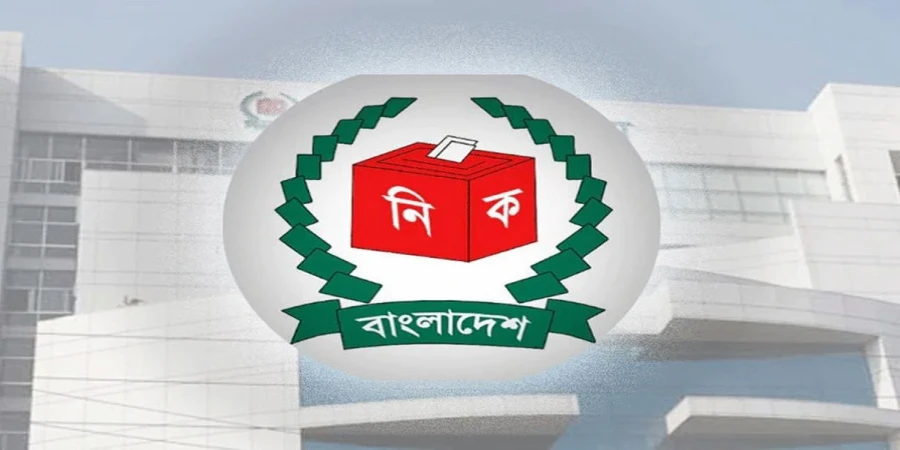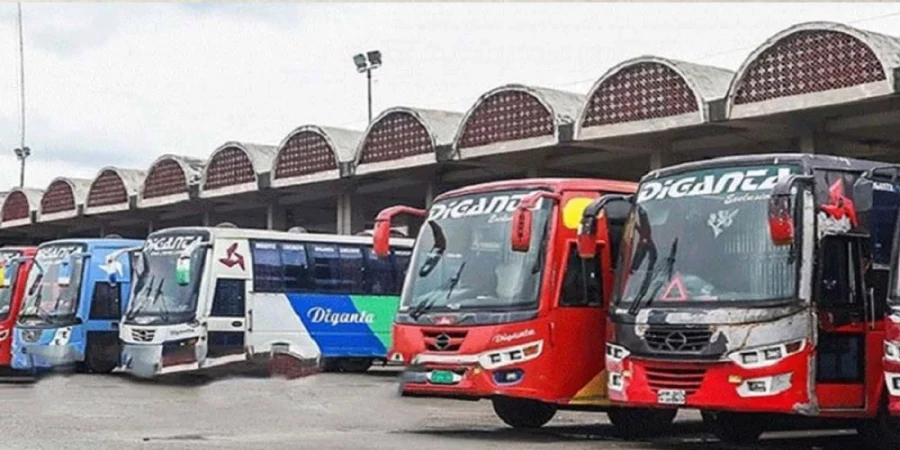
ছবি: Photo: Collected
Bus owners given 7 days to comply with surveillance directive or face legal action and service suspension
In a significant move aimed at enhancing passenger safety during long-distance travel, especially ahead of the Eid holiday rush, the Bangladesh Road Transport Owners Association has issued a strict directive requiring the immediate installation of closed-circuit television (CCTV) cameras on all long-route buses. The order comes following a rising number of incidents involving robbery, assault, and harassment of women passengers, alongside an increase in road accidents caused by reckless driving.
On Saturday, the association dispatched official letters to affiliated district branches and transportation companies mandating the installation of onboard surveillance systems within the next seven days—by June 1. This directive follows an earlier instruction issued by the Bangladesh Road Transport Authority (BRTA) on April 8, which urged the transport body to implement safety measures to protect passengers and improve travel conditions.
Signed by the General Secretary of the Owners Association, Md. Saiful Alam, the latest circular expressed deep concern over the deteriorating security and driving standards on inter-district and cross-country routes. “Over the past few weeks, we have received multiple complaints regarding armed robberies, snatching incidents, and verbal and physical abuse, particularly targeting female passengers on long-distance buses. Additionally, the growing number of accidents due to overspeeding has raised serious alarm,” the letter stated.
In response, the association declared the installation of CCTV cameras as an immediate and necessary step to monitor onboard activity and help law enforcement investigate any unlawful behavior. The directive also warned that non-compliance within the given timeframe would lead to disciplinary and legal consequences for bus owners. In more serious cases, such vehicles would be excluded from daily route allocations—meaning they would lose their permission to operate.
The letter also reiterated the government’s recent policy shift toward making surveillance equipment mandatory for public transportation, noting that failure to comply could be interpreted as a violation of state transport safety laws. Additionally, the association stressed the importance of using sealed speed governors on all buses to limit speeding and prevent dangerous overtaking practices that often lead to fatal accidents.
This enforcement effort is not an isolated initiative. On May 20, a separate notice from the Dhaka Road Transport Owners Association had already raised concerns about the sharp increase in traffic accidents on long-distance routes. That communication strongly urged all operators to conduct immediate awareness and counseling sessions for their staff—including drivers, supervisors, and helpers—on the importance of traffic compliance, safe overtaking, and responsible speed management.
With Eid approaching, millions of passengers are expected to travel from urban centers to rural hometowns, placing immense pressure on the country’s long-haul bus services. Transport authorities fear that without stringent monitoring, both safety and service quality could deteriorate further.
Officials believe that visible surveillance systems will not only deter criminal behavior but also encourage drivers and staff to adhere to safety protocols more strictly. In the long term, it is expected to restore passenger trust in public transportation and reduce the frequency of misconduct and accidents.
While installing CCTV cameras may involve an upfront cost, the transport owners’ association insists that the long-term benefits—safer journeys, fewer legal liabilities, and improved public image—will outweigh the investment. They are urging all stakeholders to view the move not as a burden but as a necessary upgrade to modernize and secure the country’s long-distance travel sector.
As of now, compliance checks are expected to begin shortly after the June 1 deadline. Transport owners failing to meet the requirements risk being excluded from Eid service rosters, potentially leading to financial losses during one of the busiest travel periods of the year.
repoter



